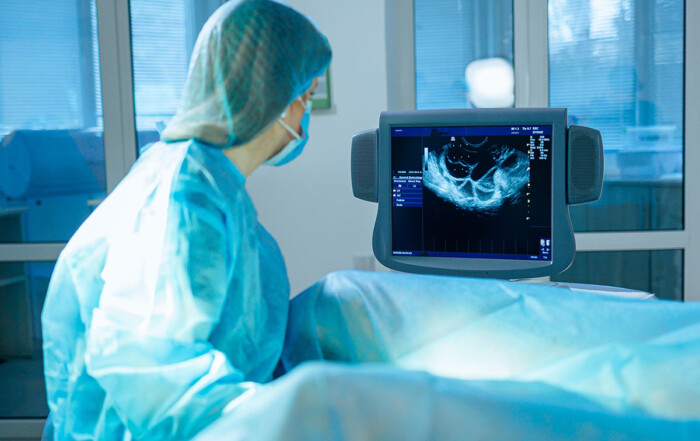Basic Requirements to Become an Egg Donor
To be an egg donor, there are several basic requirements and reasons for these criteria:
Basic Requirements:
Age: Typically, egg donors must be between 21 and 29 years old. This age range is preferred because eggs are usually of higher quality and more likely to result in successful pregnancies. Younger women tend to have healthier eggs, which increases the likelihood of a successful cycle outcome.
Health: Donors should be in good physical and mental health. They need to undergo thorough medical evaluations to ensure they are free from genetic disorders, infections, and other health issues that could affect the donation process or the future child. This includes a review of medical history and a psychological evaluation.
BMI: Many programs require a body mass index (BMI) within a certain range, typically between 19 and 30. This is because extreme underweight or overweight can affect fertility and the overall success of the egg donation process. Being overweight may also cause issues with properly metabolizing the medications that are used for the cycle.
Lifestyle: Donors are required to be non-smokers and to avoid alcohol and recreational drugs. These substances can affect egg quality and the health of the donor.
Genetic Testing: Donors need to undergo genetic screening to check for inherited conditions that could be passed on to the child. This helps ensure the child has the best possible chance of being healthy.
Commitment: Donors need to commit to the process, which includes several medical appointments, hormonal treatments, and minor procedures (such as egg retrieval). This commitment ensures the process is completed smoothly and safely.
Reasons for These Requirements:
– Egg Quality and Health: Age and health are crucial because they directly impact the quality of the eggs. Younger eggs are generally healthier and have a lower risk of genetic abnormalities.
– Success Rates: Meeting these criteria improves the chances of a successful fertilization and pregnancy outcome. Higher quality eggs and a healthier donor contribute to better success rates for the recipient.
– Safety: The medical and psychological evaluations ensure that the donor is in a good position to handle the physical and emotional aspects of the donation process without adverse effects on their own health.
– Ethical and Legal Considerations: Ensuring donors meet specific criteria helps address ethical concerns and legal responsibilities, such as the health of the donor and the future well-being of the child.
Overall, these requirements aim to maximize the chances of a successful donation while prioritizing the health and safety of both the donor and the recipient.




